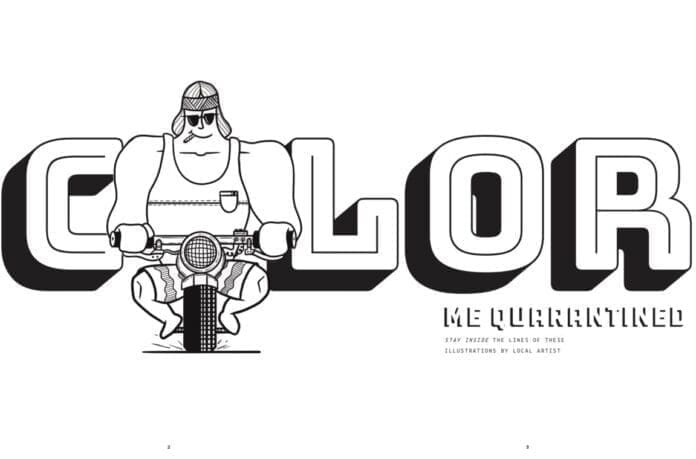Sometime last year, I was contacted by a food pantry in the DC area about speaking to a group of their patrons who were in a leadership program. The program sounded so awesome to me that I knew I wanted to check it our and being asked to speak to the group was an honor. They were learning how to develop their story of self, and, after seeing my Congressional testimony, thought that I would be a great example.
The time I spent with those folks was one of the top three organizing days of my year. I loved it. And everything they said to me about inspiration and hope was mirrored in my appreciation of them. The energy in that room was invigorating for me at a time that I had felt myself growing weary. Plus, COVID had taken away the creative moments of my job that I really loved, such as designing workshops and facilitating.
Skip ahead to now, and I have been asked again to work with the group as a consultant. This time they’re going a bit deeper into developing self-narrative, but hanging out with these folks is again one of the highlights of my year. They’re not just talking about doing it or wanting to do it; they’re actively getting it done. And they’re doing it without any reason other than to use their stories to push for change.
I’ve been feeling a bit blah this week. It’s the first week of catching up after my bout with COVID, which was followed by Thanksgiving break. My email inbox is stacked to my eyeballs. My text notifications were like a blaring neon sign this week. And I’m tired from the still ongoing work to protect the Build Back Better legislation. But after 90 minutes with that group the other day, I felt better.
There’s an elderly woman in the group who told me the other day that she thought it was going so well because of me. She said, “Your style is like no other, and it’s made a difference. Thank you for being you.” That compliment really stuck to me because I’ve been struggling with that very thing lately.
Organizing the “poor and marginalized” is how I describe the bulk of my work. I envision “marginalized” in a much broader sense these days. To me, it means that we’re pushed outside of the center; living in the margins, to me, means that we’re lining the walls of the back of the theater, so to speak, because we can’t afford a seat. These days, from my vantage point, the margins are growing because more and more people who never voiced their struggles or concerns are starting to speak up.
The margins are an interesting place. I started in the back row because I wanted to hide. I was curious then but not willing to take the risk of speaking up. I watched and learned, and the more I learned and heard, the further to the front I moved. I felt as if that’s what I was supposed to do, right? Move forward, start being vocal. I was safe where I was when the Congressional testimony happened, and suddenly the crowd behind me pushed me to the front row. They thought I had a chance of breaking through the margins and making a way for them, too.
I’m not going to lie, there were a few times when I thought I was going to be offered a seat in the center. I have been invited to sit at a few tables, but there’s always someone who lets it be known, most often subtlety, that they don’t feel as if I belong there. And that’s fine. Because I don’t feel as if I should have to change myself to sit there. If I invite someone to my table it’s because of what they bring, not because of what they don’t.
This week, I’m featured as the keynote speaker for an event in another state. I’m truly excited about it because it truly is a dream come true for me. And yet I was told by someone just yesterday that I have to choose between being the face of my movement or being an organizer. As if the world doesn’t try to push us back enough, now we have to watch for our own people to pull out chalk and redesign the margins.
Life is too short to turn down extraordinary or cool opportunities because someone else thinks you should. Elbow your way to the front of the crowd. We don’t need to be praying for a spot at their table because what we are doing instead is organizing a plan to flip the damn things. And we’re bringing our own sidewalk chalk to redraw the lines.
Onward,
Amy Jo


